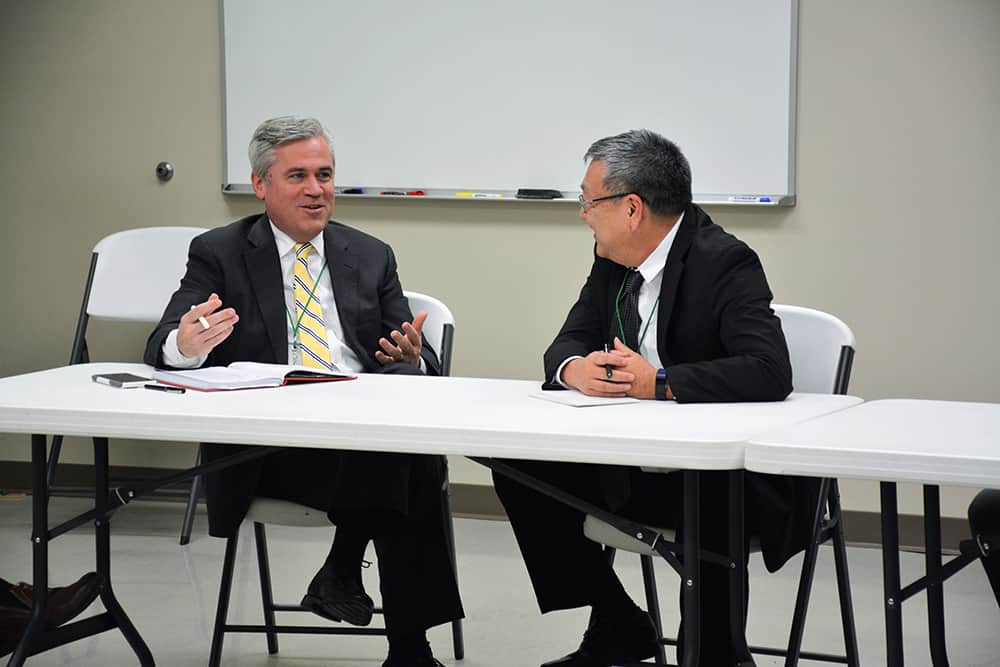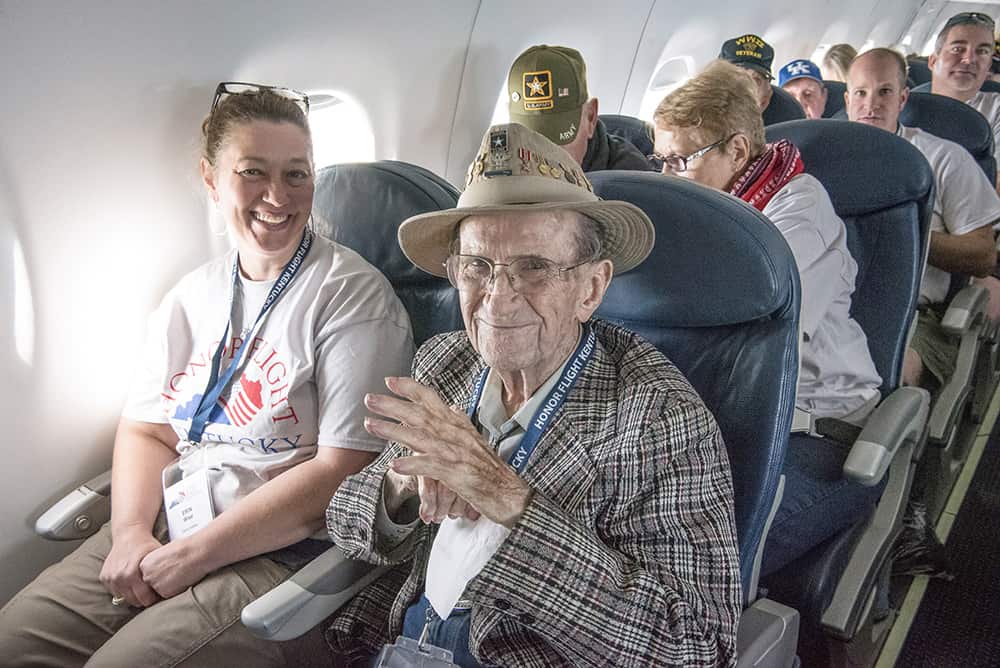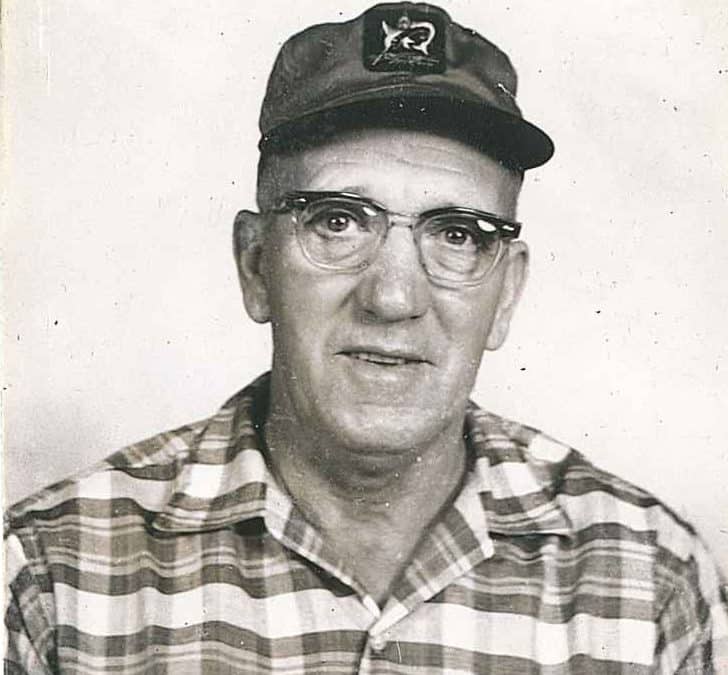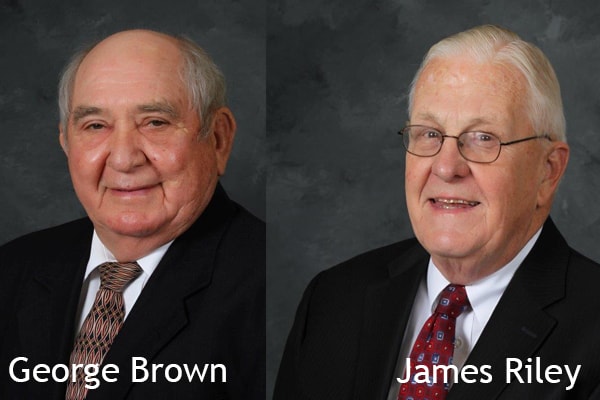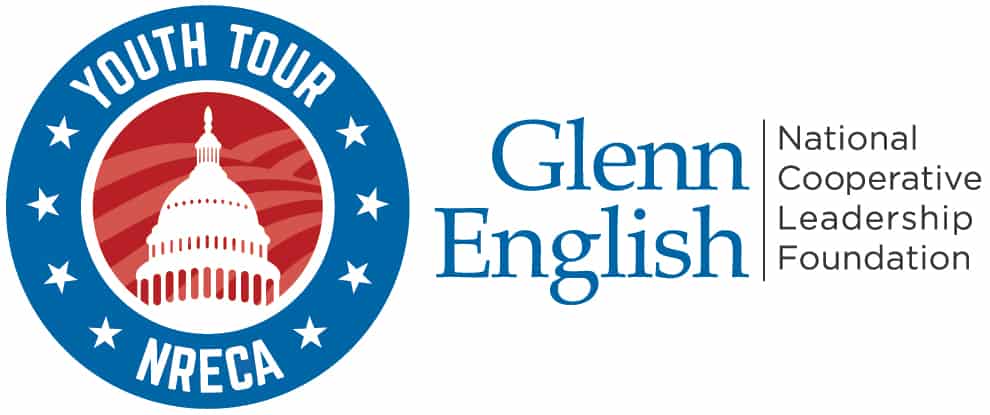Breathe easier and also save energy and money by understanding your HVAC system
Air filters trap a lot of debris that otherwise would end up back in the house, stuck in ductwork, clogging heating, ventilation and air conditioning equipment—or in our lungs.
For optimum energy efficiency and good indoor air quality, air filters should be changed regularly, which also saves you energy and money.
How often they need changing depends on several factors, including pets that shed, carpeting, wood-burning heat sources and cigarette smoke. During extremely high use, such as winter and summer, consider changing your filters monthly.
There are two categories of filters: permanent or disposable; and flat or pleated media. Disposable are the most prevalent, but don’t waste your money on the cheap ones with flimsy cardboard frames and thin mesh. Pleated filters perform better using media you cannot see through.
A bit about MERV, which stands for Minimum Efficiency Reporting Value: It’s a rating system that tells you how effective a filter is at trapping particles. The scale runs from one to 16 (higher is better), but for technical reasons, it’s not as simple as choosing one at the higher end of the rating scale.
So, how do you decide which level of filter to use? If you have your system’s operating manual or can find it online, check for recommendations. Otherwise, go with a decent pleated filter with a MERV of three to five and check it once a month to see how it is performing. Also check to see if the dust inside abates.


